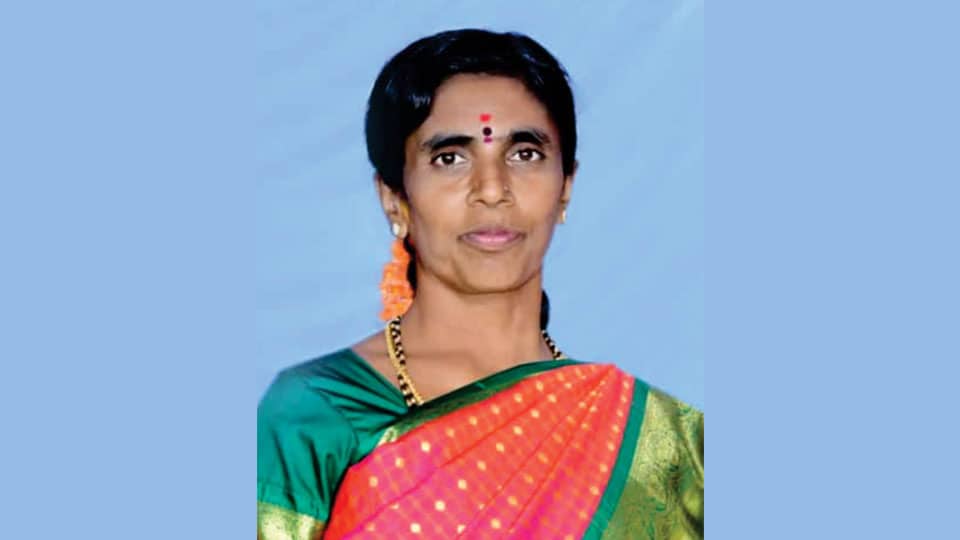Mysore/Mysuru: In yet another example of nobility in the dark hour of grief, a family decided to donate organs of a 45-year-old brain dead woman. The vital organs will now give a new lease of life to five patients waiting for transplants in three hospitals.
Two kidneys, a liver, heart valves and corneas were successfully harvested from Nagamma of Malavalli village. She suffered from brain tumour and was brought to Apollo BGS Hospitals in Mysuru on Thursday from Government Hospital in Malavalli in a critical condition.
After evaluation, Nagamma was shifted to ICU for life support and intensive care for two days and was declared brain dead due to brain stem failure on the third day yesterday (Jan. 16) at about 11.45 am.
“Nagamma was healthy before the incident and further tests confirmed her eligibility for organ donation,” said a press release from the hospital. Apollo BGS Hospitals is now a licensed centre for multi-organ transplant. Nagamma’s family was counselled about organ donation and her husband and children came forward to donate her organs, the press statement added.
As per the protocol, officials from Jeeva Sarthakathe, which was earlier known as Zonal Coordination Committee of Karnataka for organ transplant, initiated the process by taking into consideration the organ recipients’ waiting list. Yesterday at around 4.30 pm, Nagamma’s organs were harvested. The procedure was completed as per the protocol stipulated under the Transplant of Human Organs Act, 1994.
While Apollo BGS Hospitals, Mysuru, was the recipient of two kidneys, Manipal Hospital, HAL, Bengaluru, was the recipient of the liver as the hospital is listed under supra urgent category for life-saving surgery of an acute liver failure case.
While the Mysuru Eye Bank was the recipient of corneas, Manipal Hospital, HAL, Bengaluru, received the heart valves.
N.G. Bharateesha Reddy, Vice-President and Unit Head, Apollo BGS Hospitals, Mysuru, has thanked Nagamma’s family for coming forward to promote organ donation. The Mysuru Police, along with their counterparts at Srirangapatna, Mandya, Maddur and Bengaluru city ensured a corridor free of traffic signals to facilitate the urgent organ transfer. This system is also referred to as the ‘green corridor’ wherein all the traffic lights on the particular route are lit green.








Recent Comments